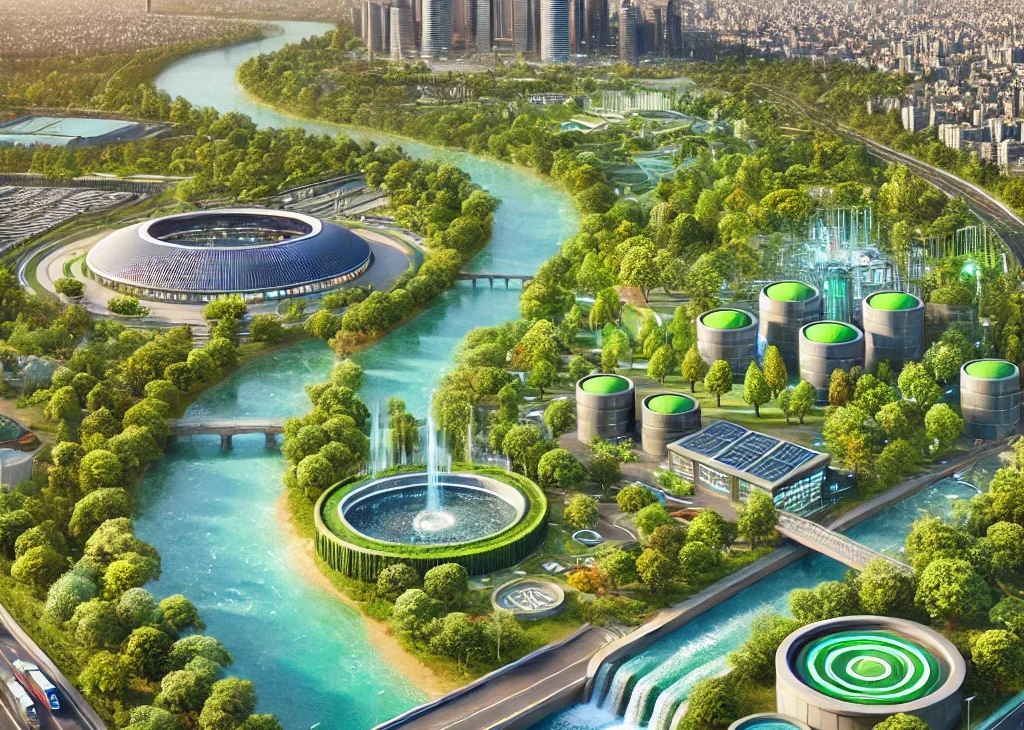Delhi’s 2025 Budget aims to deliver on ambitious environmental and infrastructure goals, marking a significant shift in governance under Chief Minister Rekha Gupta’s administration. With a strong emphasis on combating air pollution and restoring the Yamuna River, the budget reflects the BJP-led government’s commitment to tangible reforms.
A Historic Allocation for Environmental Reforms
The Delhi government has set aside ₹506 crore to address air pollution and ₹1,500 crore to rejuvenate the Yamuna. These allocations are part of a ₹1 lakh crore budget, a substantial increase from previous years, with significant investments in healthcare, education, and environmental sustainability.
Tackling Delhi’s Air Pollution Crisis
Delhi’s persistent air pollution problem has long been a concern, drawing national and international scrutiny. The budget earmarks ₹300 crore for “Pollution Control and Emergency Measures,” including:
- Six new Continuous Ambient Air Quality Monitoring (CAAQM) stations, increasing the total to 46, to provide real-time pollution data.
- A large-scale afforestation initiative, targeting seven million new saplings to enhance the city’s green cover.
Yamuna River Restoration: A ₹1,500 Crore Commitment
For decades, the Yamuna has been plagued by sewage and industrial waste, despite significant past investments. The government’s latest push involves a multi-pronged strategy:
- 40 decentralized Sewage Treatment Plants (STPs) with a ₹500 crore budget to prevent untreated waste from entering the river.
- Upgrading existing STPs with an additional ₹500 crore to enhance water treatment capacity.
- A ₹250 crore drain-tapping project, rerouting and treating wastewater before it reaches the river.
- ₹200 crore to clean and regulate the Najafgarh Drain, one of the primary sources of pollution.
- Investments in technology, including trash skimmers, weed harvesters, and ‘super sucker’ machines to unclog sewers.
Real-Time Monitoring and Data-Driven Governance
To ensure transparency and efficiency, the government plans to deploy 32 smart water quality monitoring stations across the Yamuna and key drainage points. These stations will feature automated pollution alerts, allowing authorities to take swift corrective action.
Additionally, an Integrated Command and Control Centre (ICCC) will oversee air, water, noise, and waste management in real time, leveraging data analytics to drive policy decisions.
Historic Investment in Water and Sanitation
Beyond environmental measures, the government has allocated ₹9,000 crore for water and sanitation, the highest in Delhi’s history. Key initiatives include:
- Technological upgrades, such as a Supervisory Control and Data Acquisition (SCADA) system, GPS-tracked water tankers, and an intelligent metering system.
- A new ‘DJB Tanker’ app, allowing residents to track and request water tankers.
Will the Budget Deliver on Its Promises?
Delhi’s environmental challenges are deep-rooted, and past efforts have often fallen short. However, this budget signals a strong political will to implement long-overdue reforms. With substantial financial backing and a focus on real-time monitoring, the success of these initiatives will depend on execution and sustained public accountability.
The coming months will determine whether Delhi’s 2025 Budget represents a turning point or just another well-intentioned plan lost in bureaucratic hurdles.
















